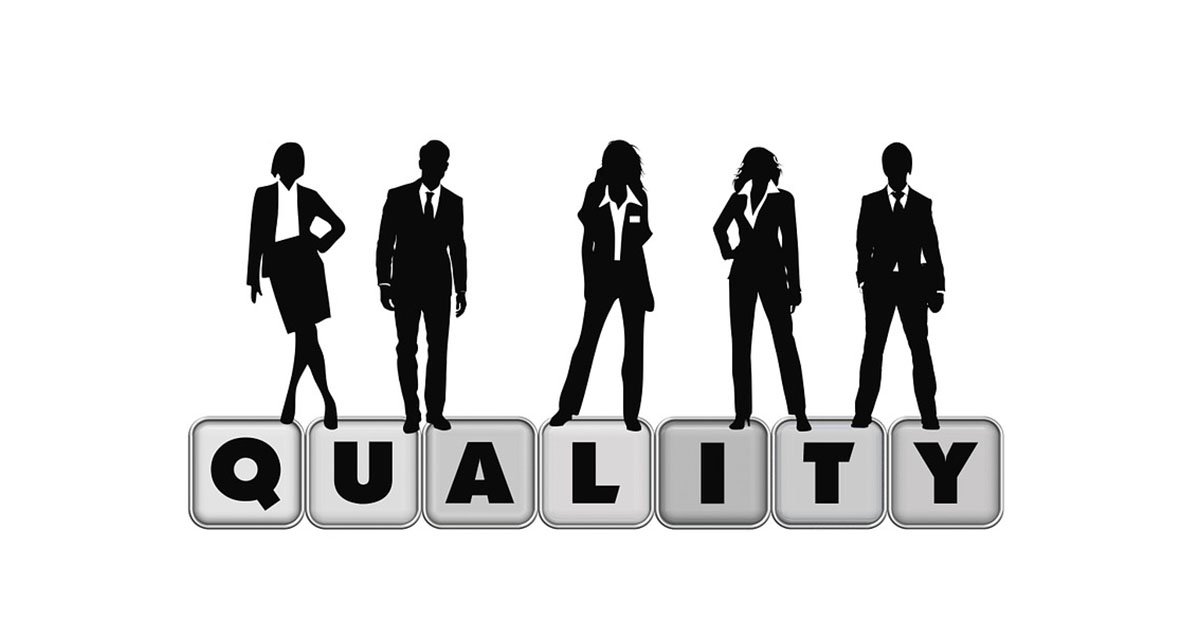Accounts scandals aren’t just blameable to a lack of integrity, but also to the inability to look at facts and numbers in an open minded way. That’s what Harvard professor Max Bazerman maintains in an, in the meantime famous, article called “Why good accountants do bad audits”. People sincerely and unknowingly interpret information in a way that fits themselves best, without even noticing. Psychologists call it “self-serving bias”.
On the one side this is good news; not everybody who doesn’t show integer behaviour does this on purpose with cross motives. But it has also an anxious side, when even integer people exalt information, how, for example, do we prevent accounts scandals then? It is for certain that just a normal course in integer behaviour doesn’t show up with a solution. But what does? In 2014 “In het Publiek Belang”, written by a group who had discussed the future of the accountants job, showed up. The reason was that it was precisely that industry, who has to take care of that stakeholders can trust on the reliability of the financial statements, who had lost the trust of the stakeholders. One of the recommendations of the group was that the industry had to take the initiative to an independent scientific research institute. Because of that, in the academic year 2015/2016 the Foundation for Auditing Research, abbreviated FAR, was founded. The science and the practice have achieved this development, which has to enable research into determinants of the quality and independency of an audit. Next, this has to lead to recommendations which can improve the quality and increase the chance of failure.
The special thing of the FAR is that the industry doesn’t only make money available to use but also people and data. That last thing might be even more important than the first. Cause how do you define the determinants of quality and the risks of failure of an audit if you don’t know how the audit works? In this way, the structure of an audit team could have some influence, for example on the before mentioned “self-serving bias”. Are changing teams right or wrong then? Doe de culture between accountant firms differ, or are there inside a firm culture differences between branches? Is there a relation between the compensation and the result, and if the answer is yes, what kind of relation? To receive a scientific reliable answer to these kind of questions we have to know a lot more than the amount of information that researchers had until now. And, contrariwise, to give research results practical relevance, they have to be made accessible and shared into practice.
The added value of the FAR is the willingness from scientists to formulate research questions. These questions can lead to answers, relevant for practical purposes when it comes to improving quality and preventing from, as they say, incidents, but these of course aren’t incidents – because of that, it is important to find the causes. By finding these, it could be that some surprising realizations show up for science, the industry, supervisor and, not to forget, the politics. The Dutch legislative proposal for implementing one European directive for statutory audit controls, which will be discussed by the Dutch Senate in the autumn of 2016, obligates accountant companies to an appropriate policy of paying that, as they say, includes enough incentives to perform to ensure the quality of statutory controls. Apparently the minister thinks that financial incentives are necessary for the quality of the financial statements and even to give any assurance. That’s not something to be taken lightly. It is for certain something with a lack of reliable evidence. This makes it even more important that the industry and science are going to work together in the upcoming years to increase our knowledge about the determinants of quality!

















